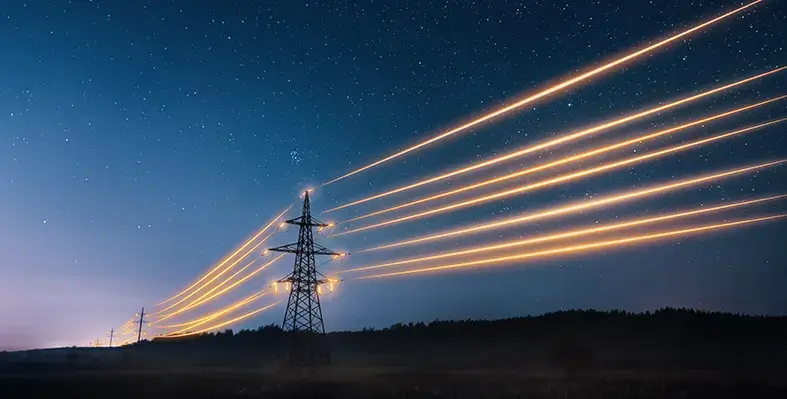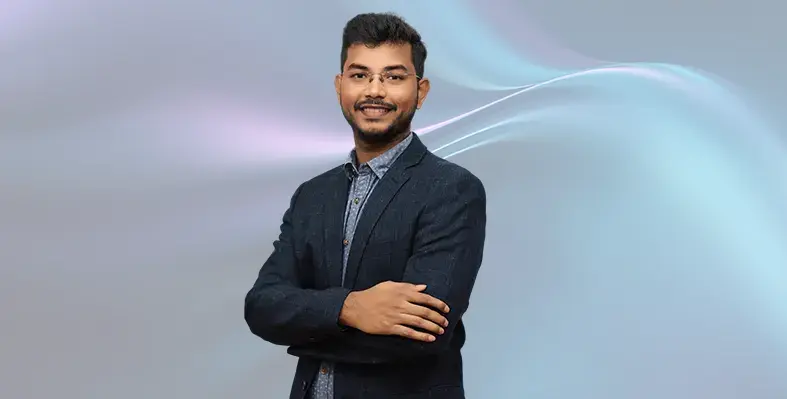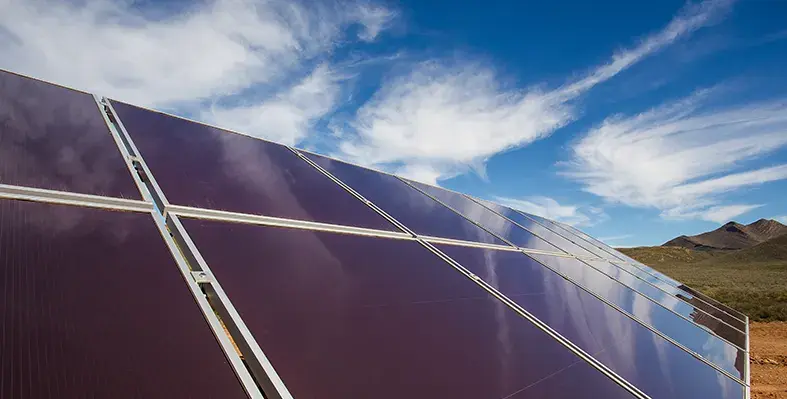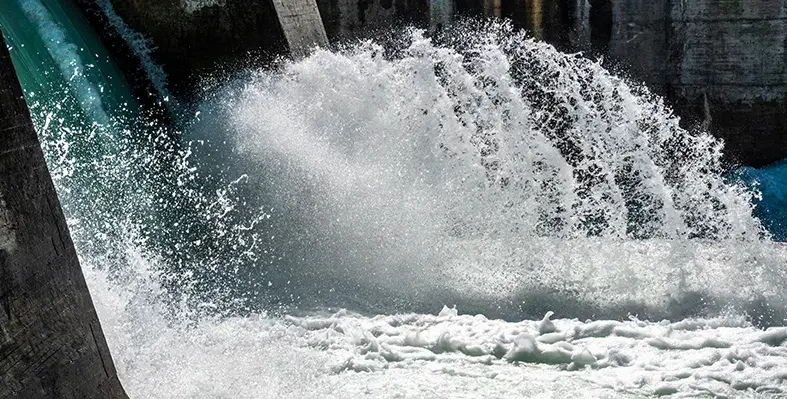Growth in global energy demand surged in 2024 to almost twice its recent average, according to International Energy Agency (IEA) data, providing solid demand fundamentals for the further growth of Africa’s natural resources sector
The latest edition of IEA’s Global Energy Review, shows that world energy demand rose by 2.2% last year – lower than combined GDP growth of 3.2%, but considerably faster than the average annual demand increase of 1.3% between 2013 and 2023.
Although it did not reference Africa, the report stated that emerging and developing economies accounted for over 80% of the increase in global energy demand during 2024.
This was despite slower growth in China, where energy consumption rose by less than 3%, half its 2023 rate and well below the country’s recent annual average.
It suggests that demand growth in territories such as Africa, and other emerging economies globally, proved robust over the past 12 months.
The acceleration in demand growth was led by the power sector, the IEA noted, with global electricity consumption surging by nearly 1,100 terawatt-hours, or 4.3%.
It said this was driven by record global temperatures, which boosted demand for cooling in many countries, as well as by rising consumption from industry, the electrification of transport and the growth of data centres and artificial intelligence.
Meanwhile, oil demand grew more slowly, rising by 0.8% in 2024.
Oil’s share of total energy demand fell below 30% for the first time ever, 50 years after it peaked at 46%.
“What is certain is that electricity use is growing rapidly, pulling overall energy demand along with it to such an extent that it is enough to reverse years of declining energy consumption in advanced economies,” said IEA executive director Fatih Birol.
“The result is that demand for all major fuels and energy technologies increased in 2024, with renewables covering the largest share of the growth, followed by natural gas.”
Birol also said that the strong expansion of solar, wind, nuclear power and electric vehicles is increasingly “loosening the links” between economic growth and emissions.
Even demand in advanced economies is rising again after years of declines, the report noted, with rapid growth of electricity worldwide driving up consumption of renewables, gas, coal and nuclear.
It provides a positive outlook generally for Africa’s natural resources sector and exports of both oil and natural gas, as well as metals and minerals supplying clean technologies around the world.
Overall, fossil fuels still made up nearly 60% of 2024 electricity generation, though IEA noted that the power mix is evolving.
It noted that hydropower installations more than doubled to over 25 GW citing the commissioning of large projects in Africa, China and southeast Asia.
IEA also flagged an uptick in nuclear construction starts in 2024, exclusively using Chinese and Russian designs, with Egypt launching commencing work on about 5 GW of potential power.
Read more:
Financing costs a barrier to scaling up power in Africa says IEA
Renewables to meet almost half of global electricity demand by 2030




